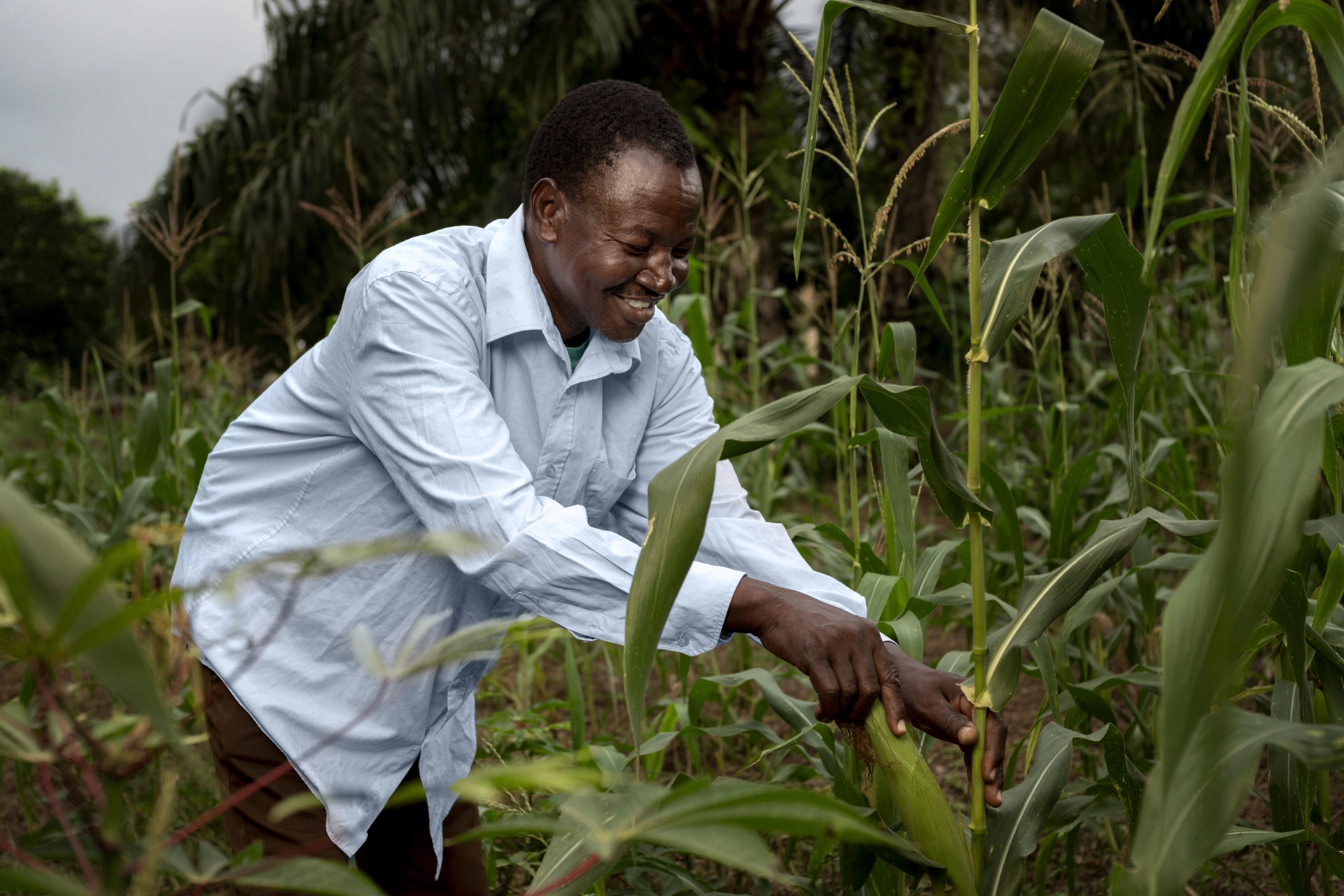
In the face of climate change, population growth, and rising food insecurity, sustainable agriculture is no longer optional—it’s essential. Tradepatnas Nigeria Limited understands this urgency and has embedded sustainability into every aspect of its agribusiness model.
This blog explores how Tradepatnas achieves long-term sustainability—economically, socially, and environmentally—while empowering farmers and improving food systems in Nigeria.
Why Sustainability Matters in Agriculture
Agriculture faces multiple threats:
- Soil degradation
- Deforestation
- Unpredictable weather
- High food waste
- Lack of farmer incentives
Without a sustainable system, productivity drops and food insecurity increases. For subsistence and smallholder farmers, this can mean generational poverty.
Tradepatnas’ approach flips the script by ensuring the system not only supports the present but safeguards the future.
The Sustainable Agribusiness Model: What Makes It Unique?
Tradepatnas’ inclusive, integrated agribusiness model is built to last—and to grow with time. Here are the core sustainability pillars:
1. Escrow Fund for Future Security
- A portion of the company’s annual gross profit is deposited into an escrow account.
- This fund is jointly managed by Tradepatnas and local farmer communities.
- It ensures that even in challenging seasons, farmers have a financial safety net.
2. Asset Transfer to Communities
- After 25 years or upon cultivating 20,000+ hectares, ownership of immovable assets and infrastructure will be transferred to local farmers and communities.
- This includes roads, buildings, irrigation systems, and more.
- It promotes local ownership, independence, and accountability.
3. Eco-friendly Farming Practices
- Organic fertilizers and soil testing are provided to protect farmland from chemical degradation.
- Extension services teach modern techniques that increase yields without harming the environment.
- Tree planting campaigns are included to reverse deforestation and conserve biodiversity.
Waste Management and Revenue Diversification
Waste is a massive problem in traditional farming. Tradepatnas uses smart methods to eliminate waste and generate revenue:
- Unsold produce is processed into preserved food products.
- Spoiled crops and organic waste are converted into:
- Organic fertilizers
- Natural pesticides
- Herbicides and fungicides
- This circular economy reduces pollution and creates new income streams for the business and the farmers.
Bonus and Incentive System
Tradepatnas’ sustainability isn’t just physical—it’s motivational.
Here’s how they keep farmers engaged and productive:
- Stipends and farming meals are given monthly to support living costs.
- Profit-sharing bonuses are paid twice yearly based on crop success.
- Additional bonuses are paid to farmers who exceed yield targets.
- Community bonuses reward peaceful and secure farming environments.
This structure increases motivation while ensuring farmers remain financially stable and committed to long-term success.
Sustainability Through Community Development
No farm exists in isolation. For agriculture to thrive, the community must flourish too. Tradepatnas invests in:
- Farming roads for easier transport of produce
- Street lighting and borehole water in rural villages
- Health centres and renovation of schools
- Free training and skills acquisition for families of farmers
- Starter packs to help launch new local businesses
These investments reduce rural poverty and build strong, self-reliant communities that are central to sustainable agriculture.
Partnerships for Scalable Impact
Tradepatnas collaborates with:
- Nigerian and foreign governments
- NGOs and international development agencies
- Financial institutions and insurance providers
- Agricultural researchers and universities
These partnerships bring in:
- Expertise and innovation
- Additional funding
- Broader policy support
By working with both local and global partners, Tradepatnas scales its model while remaining deeply rooted in local realities.
Looking Ahead: A Model That Evolves
Sustainability is not a one-time action. It’s a living model that adapts and grows. Tradepatnas is committed to:
- Reviewing farming practices annually
- Integrating technology for better data and decision-making
- Expanding access to remote farming communities
- Improving insurance policies for climate risks
As the world evolves, so will Tradepatnas—but the commitment to sustainability remains constant.
Summary: Key Features of Tradepatnas’ Sustainable Agribusiness
✅ Escrow account to protect long-term farmer income
✅ Asset transfer to farmers and their communities
✅ Organic farming practices and environmental protection
✅ Revenue generation from waste and unsold produce
✅ Community bonuses, stipends, and financial support
✅ Roads, water, education, and health infrastructure
✅ Global partnerships for long-term scale and impact
Tradepatnas Nigeria Limited is not just farming for today—it’s building a legacy for tomorrow. Through sustainability, it’s creating a future where farmers thrive, communities flourish, and agriculture powers economic transformation.


